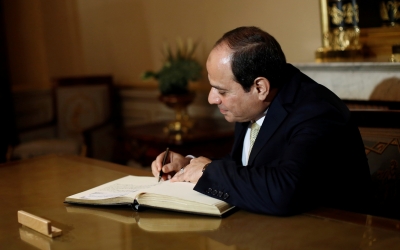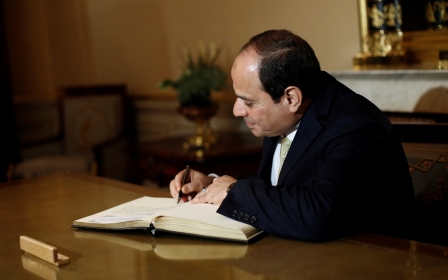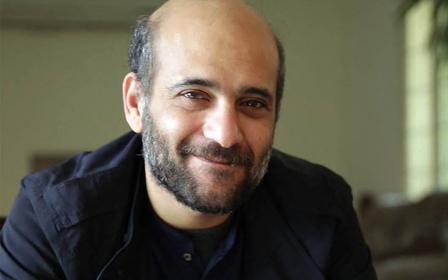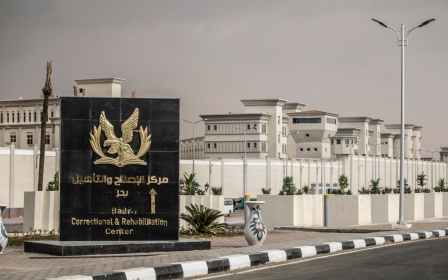Egypt adds 81 names to 'terror list' including 'unprecedented' number of journalists
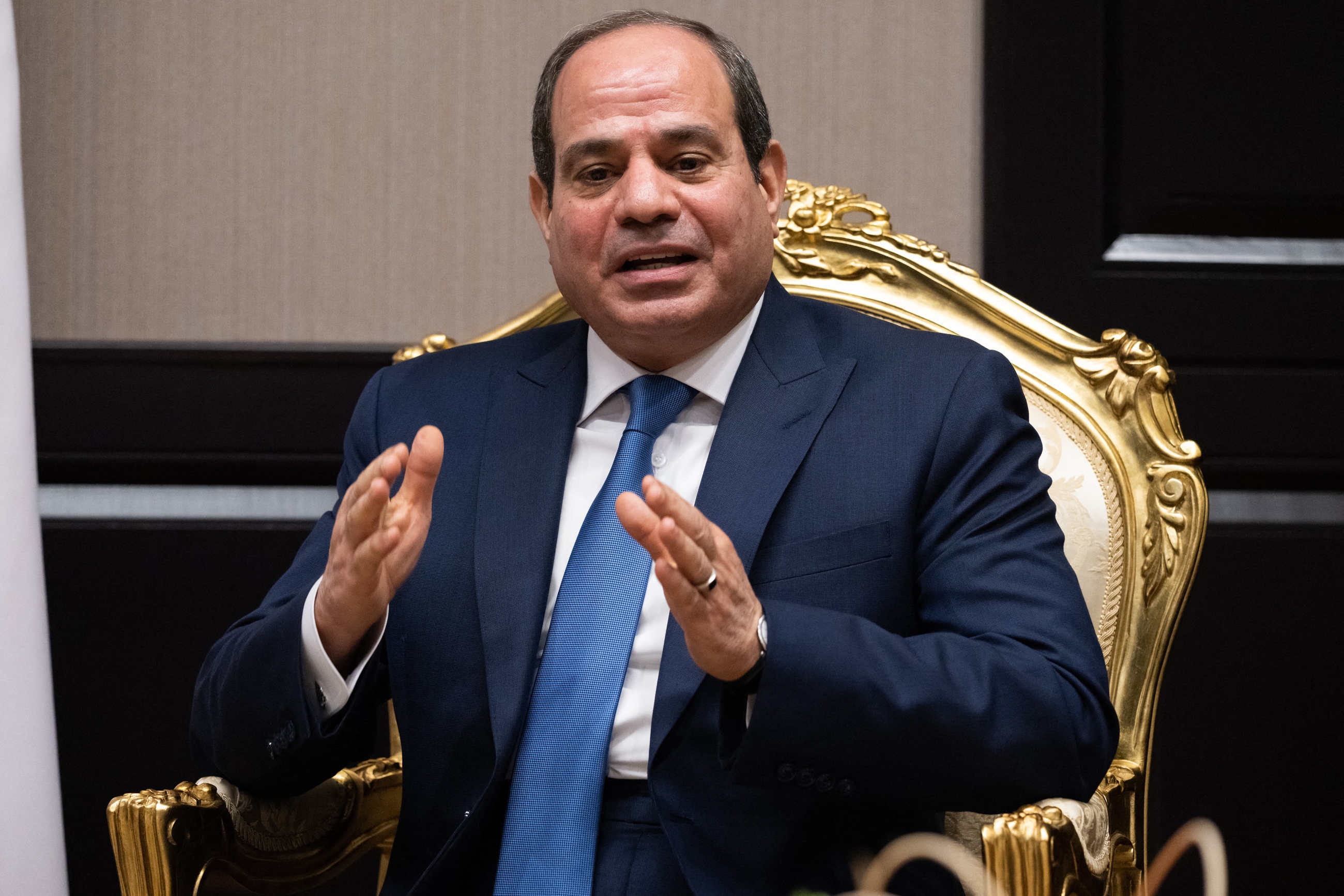
The Egyptian government has added the names of 81 human rights defenders to its "terrorism list", drawing condemnation from Egyptian human rights groups who are calling the decision "arbitrary and retaliatory” while warning that it will be used as a tool to silence dissidents.
The Terrorist Entities Law came into effect in 2015 and authorises the organising of lists of terrorists and terrorist entities. The numbers on the list have now swelled to 6,300 and include the late President Mohamed Morsi and prominent activists from the 2011 revolution such as Alaa Abd el-Fattah and human rights lawyer, Mohamed el-Baqer.
On 14 April, the Egyptian Official Gazette listed 81 new additions including several prominent journalists: Moataz Matar; Mohamed Nasser; and Hamza Zawbaa; and a further 32 Egyptian journalists from Al Jazeera; Al Sharq; Mekameleen; Watan; the Rassd Network and other news websites critical of the government of President Abdel Fattah el-Sisi.
Also included on the list is former presidential candidate, Ayman Nour, who was previously a target of surveillance by Sisi's government. Shortly after the list was issued, Nour's ex-wife, politician and media personality, Gameela Ismail, found that security forces had raided her sons’ home.
The Arab Media Freedom Monitor (Ikshef) has described the decision as part of broader efforts to silence and intimidate opposition media and dissidents.
New MEE newsletter: Jerusalem Dispatch
Sign up to get the latest insights and analysis on Israel-Palestine, alongside Turkey Unpacked and other MEE newsletters
Since Sisi swept to power in the 2013 military coup, the systematic use of loosely defined anti-terrorism laws by Egyptian authorities has provided the legal basis for the jailing of an estimated 60,000 people.
A red flag
A terrorist designation can inflict enduring damage on defendants’ lives beyond imprisonment. “It’s like putting a red flag on your name,” human rights defender, Samar Elhussieny told MEE. It carries punitive measures like asset freezes and travel bans.
The label could bar the defendants from opening a bank account, as the listing would appear on a security check. Even for Egyptians in exile, inclusion on the list could risk deportation. “It’s not only a risk inside Egypt, it’s a risk outside,” Elhussieny said.
Mohammed Abbas, a former Egyptian revolutionary living in exile in Turkey, was among the new additions to the list. The implications for him are uncertain. Abbas is not fearful of deportation but he worries that it could create problems for him due to shifting relations between Turkey and Egypt. In March 2021, there were reports of clampdowns by the Turkish government on Muslim Brotherhood-aligned media outlets.
“You don’t know what’s going on…you don’t have a guarantee of anything,” Abbas told MEE.
Another human rights defender in exile in Turkey, Shorouk Amgad, also featured on the list. She is afraid of what will happen after the election on 14 May, as Kemal Kilidaroglu, the leader of the main opposition party, has pledged to ramp up deportations.
A theatre
The move comes just after the launch of Egypt’s "national dialogue", an initiative for open debate intended to produce political, social and economic reform recommendations for Sisi’s consideration.
A placement on the terrorist list bars participation in the dialogue. For Elhussieny, the inclusion of a number of journalists on this register ahead of the initiative is part of the government’s efforts to limit the scope of the national debate.
“Some [are saying] that the government wanted to exclude them from the national dialogue. When you look at the list, you can see that a lot of them are staff from TV channels,” she told MEE. “This is unprecedented, why now?”
“While the government is talking about a national dialogue and trying to look more open to different views, the actions they are taking are showing the opposite…it's theatre, just for show.”
Middle East Eye delivers independent and unrivalled coverage and analysis of the Middle East, North Africa and beyond. To learn more about republishing this content and the associated fees, please fill out this form. More about MEE can be found here.


